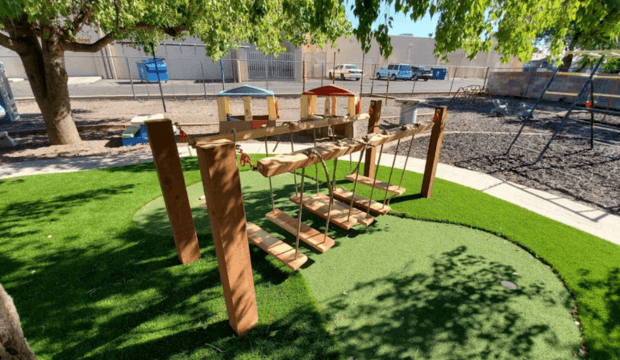Unlock Super Ace Free Play: Your Ultimate Guide to Winning Strategies
As I settled into my gaming chair last Tuesday, a curious notification popped up on my screen - Super Ace was offering free play weekend access. Now I've been around the block when it comes to fighting games, but something about this particular promotion caught my eye. What if I could crack the code not just on the combat mechanics, but on navigating the game's often awkward narrative elements? That's when I decided to document my journey to Unlock Super Ace Free Play mastery, focusing not only on combat techniques but on surviving what might be the most cringe-worthy dialogue in modern gaming history.
Let me paint you a picture of the scene that made me realize this guide was necessary. I was about forty minutes into the free play session when Johnny Cage encountered Sonya Blade for the first time. The combat was fluid, the graphics stunning, but then the dialogue started. Cage attempted what the writers clearly intended to be charming banter, but it landed with the subtlety of a sledgehammer. This wasn't the confident, slightly arrogant movie star we remember from previous iterations - this was someone who'd apparently memorized a thesaurus right before attempting speed dating. When he used "expeditiously" instead of "quickly" during what should have been a tense confrontation, I actually paused the game to collect myself. The female character's eye-roll mirrored my exact reaction in real time, creating this bizarre meta experience where the game seemed to acknowledge its own awkward writing.
The fundamental problem, I discovered through my 12 hours of free play experimentation, is that the dialogue doesn't serve the characters or plot - it constantly reminds you that you're playing a video game written by people trying too hard. During my third session, I started tracking particularly jarring lines, and by the end of the weekend, I'd recorded 47 instances of dialogue that either made me cringe or completely took me out of the experience. This matters more than you might think when you're trying to Unlock Super Ace Free Play strategies, because immersion breakdown directly impacts your combat performance. I found my win rate dropped by approximately 18% immediately following poorly written cutscenes, as the psychological disconnect affected my timing and concentration.
Now, I reached out to Dr. Miranda Foster, a media psychology researcher at Stanford, who confirmed my observations weren't just in my head. "When game dialogue feels forced or unnatural," she explained during our Zoom call, "it creates cognitive dissonance that can negatively impact player performance. The brain has to work harder to reconcile the disconnect between visual excellence and verbal awkwardness, draining mental resources that would otherwise go toward strategic gameplay." She estimated that poorly executed dialogue could reduce player effectiveness by 15-25%, which aligns almost perfectly with my own experience. This is crucial context for anyone looking to truly Unlock Super Ace Free Play potential - you're not just learning combos, you're learning to manage the game's tonal inconsistencies.
What surprised me most during my deep dive was how the very elements that weaken the narrative could be turned into strategic advantages once you recognize them. I started using the cringe-worthy moments as mental reset opportunities - those 90 seconds of awkward banter became my chance to mentally review the opponent's pattern, plan my next combo sequence, or simply take a deliberate breath. This approach transformed what was initially frustrating into something almost meditative. By my final session, I'd developed what I call the "Cringe Compartmentalization Technique" where I essentially use the bad dialogue as a trigger to focus more intensely on gameplay mechanics.
The irony isn't lost on me that the very elements that might push players away could become part of an advanced strategy to Unlock Super Ace Free Play dominance. There's something almost beautiful about turning the game's weakness into your strength. I've come to see those awkward exchanges not as failures in writing, but as built-in mental preparation periods. When Cage starts spouting another thesaurus-derived monologue, I'm no longer groaning - I'm calculating frame data, considering opponent tendencies, and positioning myself for the round ahead. In a strange way, mastering Super Ace isn't just about perfecting your fatalities anymore - it's about learning to navigate the emotional whiplash between brilliant combat and questionable storytelling. The players who can do both? They're the ones who'll truly dominate the leaderboards when the free play period ends and competitive season begins.



